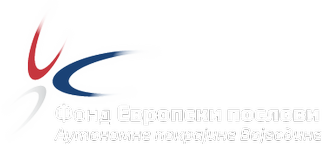DIGITAL EUROPE PROGRAM
Budget:
7.5 billion euros
Duration of the program:
01. January 2021 – December 31, 2027
Additional information:
Program of the European Union in the field of digital technologies
OBJECTIVES OF THE PROGRAM
No Content
PRIORITIES AND MEASURES
No Content
PROGRAM STRUCTURE
No Content
COUNTRIES PARTICIPATING IN THE PROGRAM
No Content
PROGRAM CONTACT POINTS IN SERBIA
No Content
DOCUMENTS
No Content
EU invitations
DIGITAL EUROPE
Cloud, Data and Artificial Intelligence (DIGITAL-2023-CLOUD-DATA-AI-05)
28. September 2023. - opening date
23. January 2024. - deadline for submitting project proposals
Accelerating the best use of technologies
26. September 2023. - deadline for submitting project proposals
Advanced Digital Skills
26. September 2023. - deadline for submitting project proposals
Artificial Intelligence
29. August 2023. - deadline for submitting project proposals
Accelerating best use of technologies (DIGITAL-2021-DEPLOY-01)
22. February 2022. - deadline for submitting project proposals

